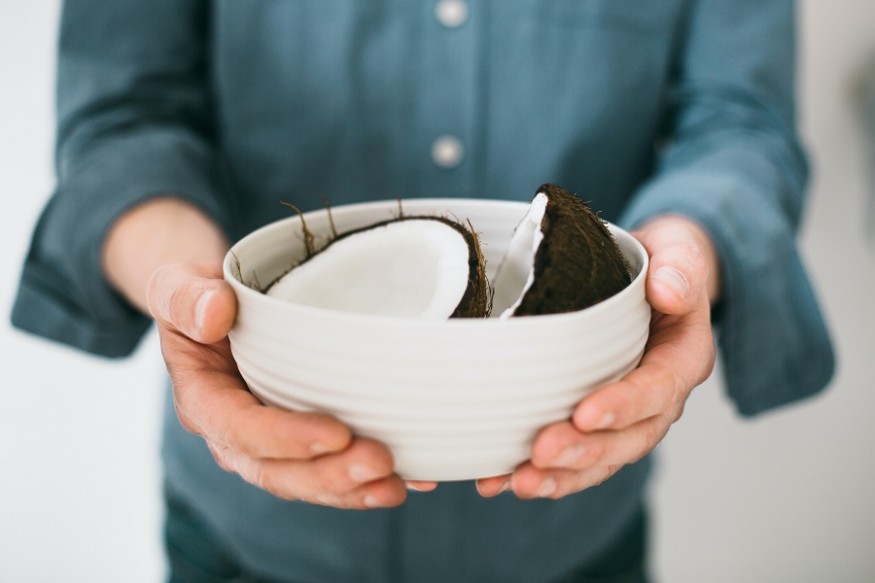Virgin Coconut Oil: Cold-Pressed vs Cold-Processed
Virgin coconut oil has a lot of benefits to give. However, it would be best to understand how it is produced to ensure that you are using pure virgin coconut oil. Otherwise, the purity of the coconut oil might be only on its packaging. You may start by finding out the difference between cold-pressed vs cold processed.
Let's check why cold-pressed virgin coconut oil is not the best that you could only buy in the market, and if there is something that you can buy rather than a cold-pressed product. Cold Pressed Virgin Coconut Oil may not be the ultimate in the market, and there could be something better than that product.

Cold Processed vs. Cold Pressed
Cold-pressed and cold-processed virgin coconut oil sound alike, but there is one distinct difference between the two. The word 'processed.'
According to Happy Grove, 90% of the market's virgin coconut oil is made using cold-pressed technology through a low-heat process. The temperature is set around 450° F (230° C) in cold-pressed technology. Here are some essential aspects to take note:
- Most companies use cold-pressed technology as the extraction method yields more oil quantity when the heat is applied to the coconut meat. But the quality of the oil deteriorated.
- Coconut oil production cost is lower in cold-pressed technology. The cost of extracting VCO in cold-processed technology is more since the oil it yielded is less.
- During the extraction of oil, the application of heat losses natural nutrients that decrease in their medicinal properties or evaporates with heat. Most vital nutrients reduce since heat is used in cold-pressed technology. Therefore, cold-pressed virgin coconut oil is not 100% pure. On the other hand, cold-processed technology produces pure virgin coconut oil as it does not use heat, and the oil is extracted directly from fresh coconut milk.
2nd Generation Process
Cold-pressed virgin coconut oil is also known as 2nd generation. The specific part of its process is the usage of coconut meat. When the coconut meat is shredded under a dryer that applies heat to turn it to desiccated coconut powder, then the coconut powder will be placed in a cold expeller to extract the oil.
Cold-pressed virgin coconut oil has a high quality when compared to copra oil. Researchers stated that copra oil is not pure and is low in quality. But even if cold-pressed technology uplifted the product through its process, it does not produce a 100% pure virgin coconut oil.
3rd Generation Process
The third generation process pertains to cold-processed technology. This process uses coconut meat to extract coconut milk. Nutri-Lock Centrifuge Machines are used to separate the oil from the milk. Then, the coconut milk is put on high-speed for 3-6 cycles to extract pure oil. It may seem easy to do, but the process is quite laborious and takes more time than the 2nd generation process. Despite this, the wait is worth it when the coconut oil you will get is 100% of quality and naturality.
The 3rd generation process of virgin coconut oil has a beautiful aroma. Besides, it is lighter than the cold-pressed virgin coconut oil and has a low viscosity that makes it non-greasy. The cold processed virgin coconut oil maintains its natural antioxidants like lauric acid, vitamin E, ketones, etc.since there is no temperature involved in the process.
Check these out:
Can Virgin Coconut Oil Be an Antioxidant Agent?
Can Coconut Oil Help You Lose Weight?
Virgin Coconut Oil: Not Only Makes You Healthy on the Inside but Also on the Outside
Subscribe to Latin Post!
Sign up for our free newsletter for the Latest coverage!
© 2025 Latin Post. All rights reserved. Do not reproduce without permission.














